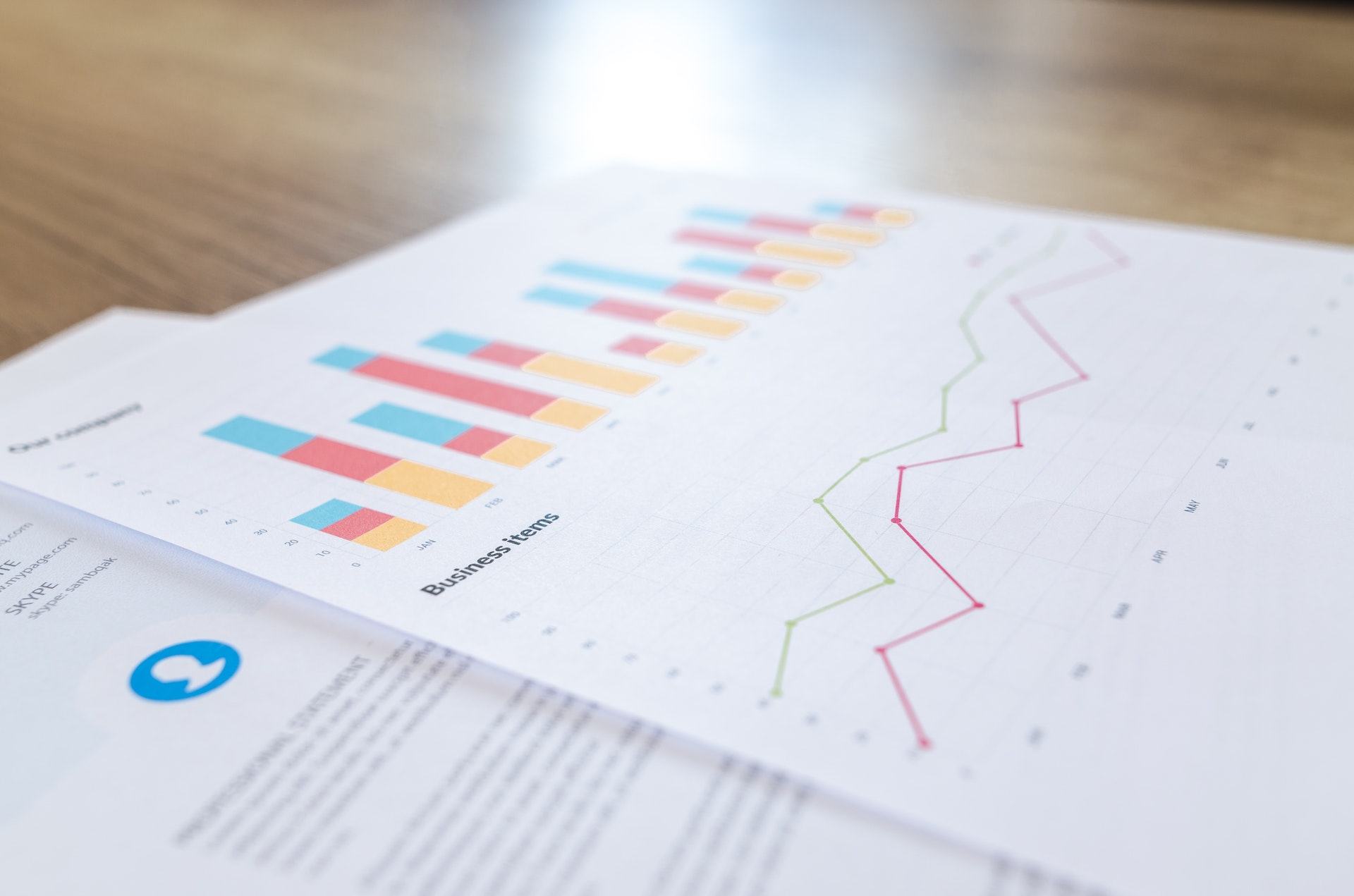Want to know if you have a solid small business tax accountant? Pay attention to the questions they are asking you. The last thing you want is to be a one-and-done client. When a tax accountant asks you thorough questions, it shows they care about your financial well-being and that they want to help guide you toward your best financial future. Below, I have put together a list of key questions to listen for in the next meeting with your accountant so you can make sure you’re in the right hands.
1. Tell me about yourself.

I know this seems obvious, but this is actually way overlooked. Your small business tax accountant’s expressed interest in who you are reflects their genuine care and commitment toward you. Your small business tax accountant should be making genuine efforts to build rapport and trust. This means getting to know you beyond just your financial books.
2. How can I best support you?

The first conversation you have with your small business tax accountant should really be about how they can best serve you. Rather than them providing a laundry list of what they specialize in, they should be keen to know what you are specifically looking for. From there, evaluate how they respond to meet your unique needs. What really sets a small business tax accountant apart from the rest is how devoted they are to adjusting and molding their skills and services to fit your needs.
3. What are your biggest, wildest goals?

Now is the time to discuss your wildest goals and dreams. Your small business tax accountant should support you in refining your goals into ones that are stretchy yet attainable. They should also be interested in more than just your financial goals and be asking you about your larger life vision. This is huge in creating a financial business plan that supports the lifestyle you desire. They should show compassion for not only your current life vision but your retired life as well. Exploring your plans and helping you create a pre retirement checklist will set you up for the future of your dreams.
4. What is your biggest financial block?

You know you’ve hit the jackpot in finding a small business tax accountant if you hear this question, as it tends to be forgotten. Financial blocks encompass much more than your cash flow, financial status, investments and retirement. It is also important to address your internal blocks and any limiting beliefs you have so that you can begin to create good money habits that support you. A major role of of your accountant is to make you feel comfortable opening up about these blocks, identify how they are limiting you and create new strategies and solutions. Their goal should be to have you feeling at ease and confident about the decisions you are making for your business.
5. Can you provide your personal finance records?

A successful business is built on proper and efficient bookkeeping. A small business tax accountant should be searching for every way to help you reduce taxes and debt, including your personal finances. Many tax accountants only ask for business books, which does not provide the whole picture. Many times expenses that are typically considered personal can be converted into business expenses, greatly reducing your taxes. Also, it’s not safe to assume your current numbers are correct. It is crucial that your business finance coach is asking for additional records to verify that your numbers match up and make sense.
The bottom line is that you don’t take your chosen engagement with a small business accountant lightly. Pay attention to the questions they ask and how safe you feel with them. During the conversation, make sure to integrate questions for the money coach as well. I hope that my tips are helpful to you. If you have any questions, please leave them in the comments below.









4 Replies to “Questions Your Small Business Tax Accountant Should Be Asking You”